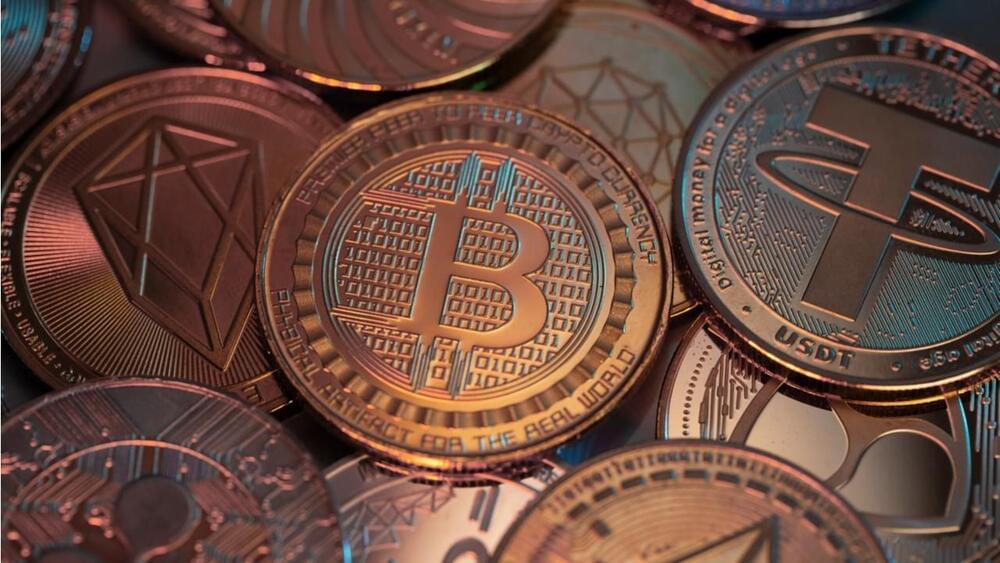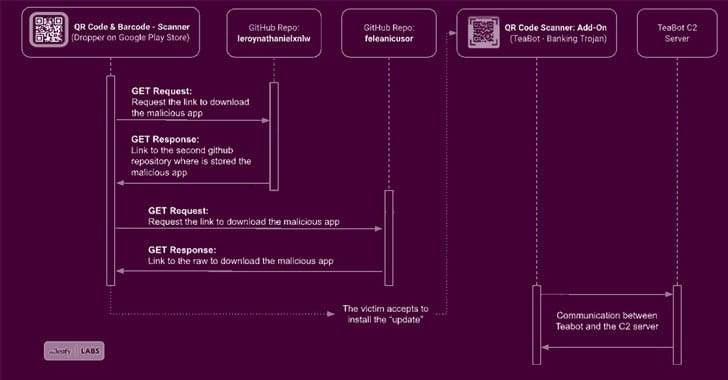Last summer, at a time when the pandemic had strained many people’s finances, inflation was rising and unemployment was still high, the sight of the richest man in the world joyriding in space hit a nerve. On July 20 Amazon founder Jeff Bezos rode to the edge of space onboard a rocket built by his company Blue Origin. A few weeks earlier ProPublica had revealed that he did not pay any income taxes for two years, and in other years he paid a tax rate of just 0.98 percent. To many watching, it rang hollow when Bezos thanked Amazon’s workers, whose low-paid labor had enriched him enough to start his own rocket company, even though Amazon had quashed workers’ efforts to unionize several months before. The fact that another billionaire, Richard Branson, had also launched himself onboard his own company’s rocket just a week earlier did not help.
COVID changed many people’s willingness to shrug off the excesses of the rich. The pandemic drew an impossible-to-ignore distinction between those who can literally escape our world and the rest of us stuck on the ground confronting the ills of Earth: racism, climate change, global diseases. Even several members of Congress expressed their disapproval of Bezos. “Space travel isn’t a tax-free holiday for the wealthy,” said Representative Earl Blumenauer of Oregon. Bezos and Branson putting the spotlight on themselves as passengers served to downplay the work that hundreds of scientists and engineers at Blue Origin and Virgin Galactic had put into designing, building and testing their spacecraft. It also masked the reality that advances in private spaceflight really could eventually pay off in greater access to space for all and more opportunities for scientific research that could benefit everyone. All their flights did was give the impression that space—historically seen as a brave pursuit for the good of all humankind—has just become another playground for the 0.0000001 percent.









